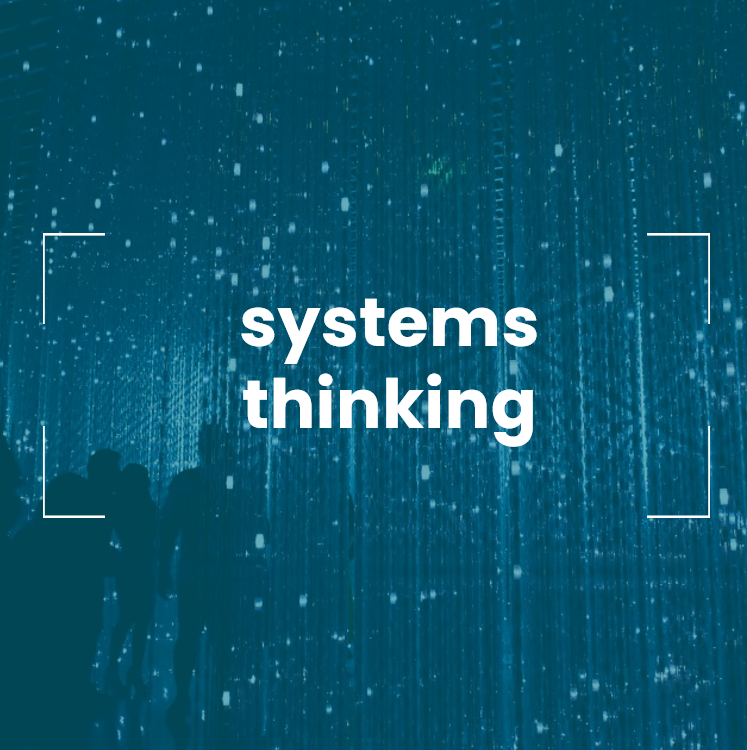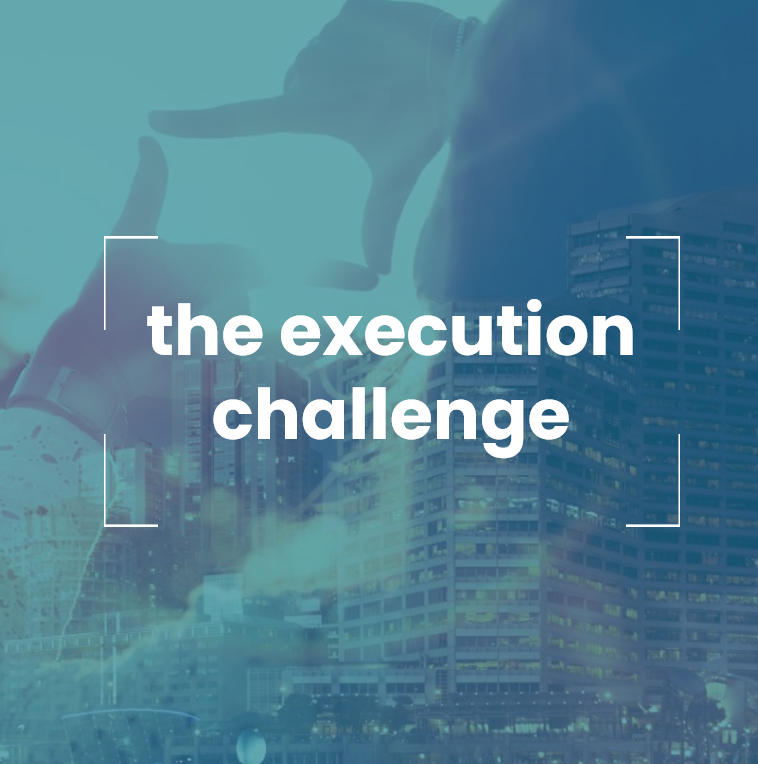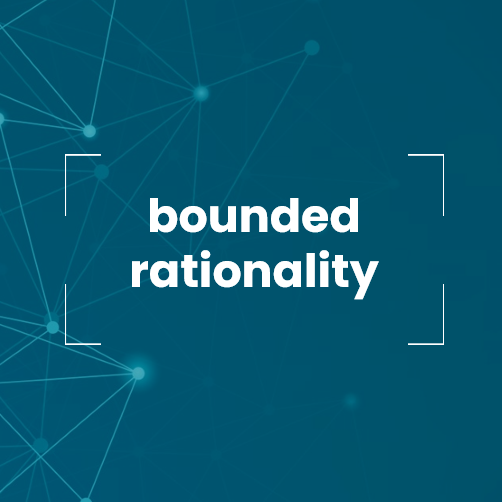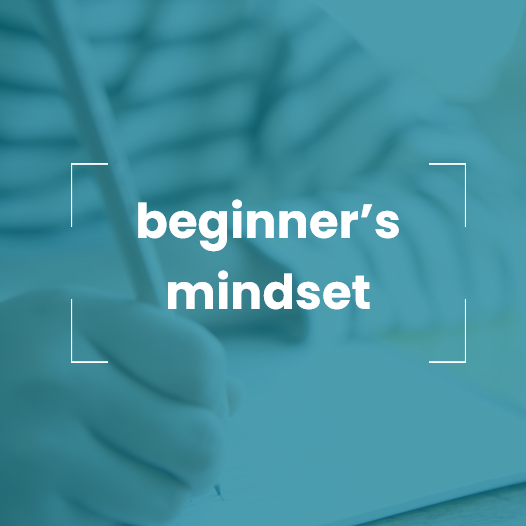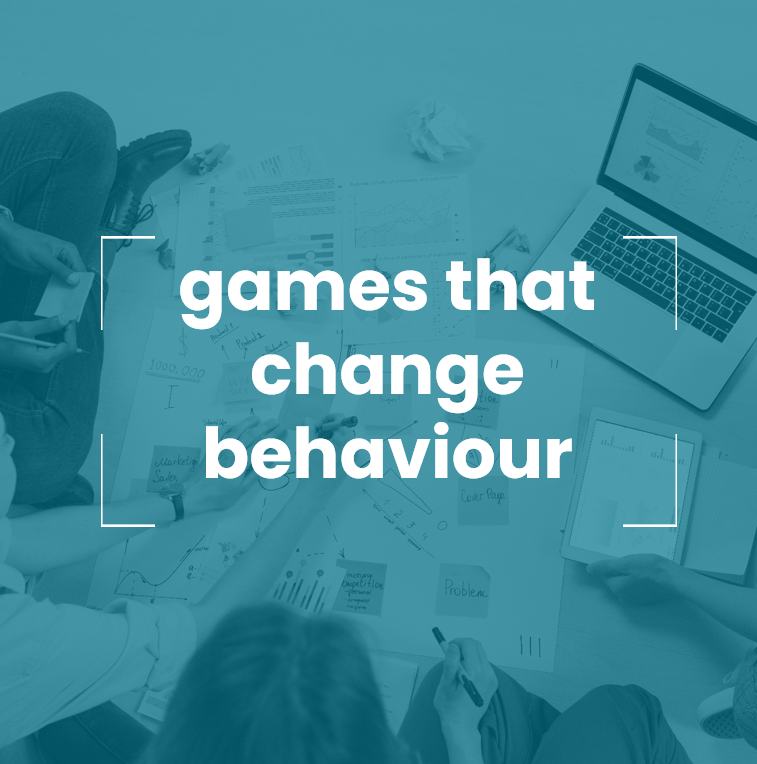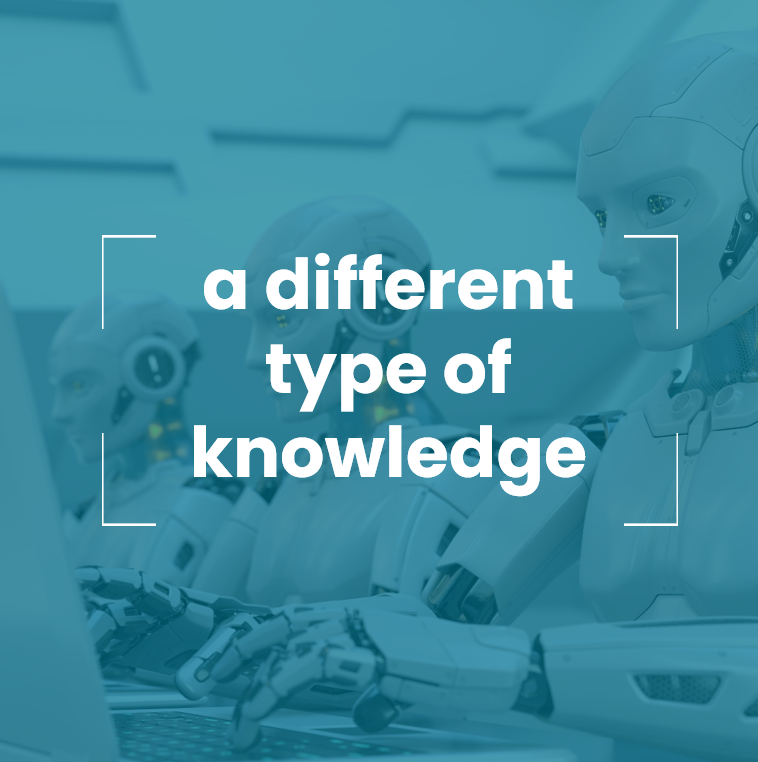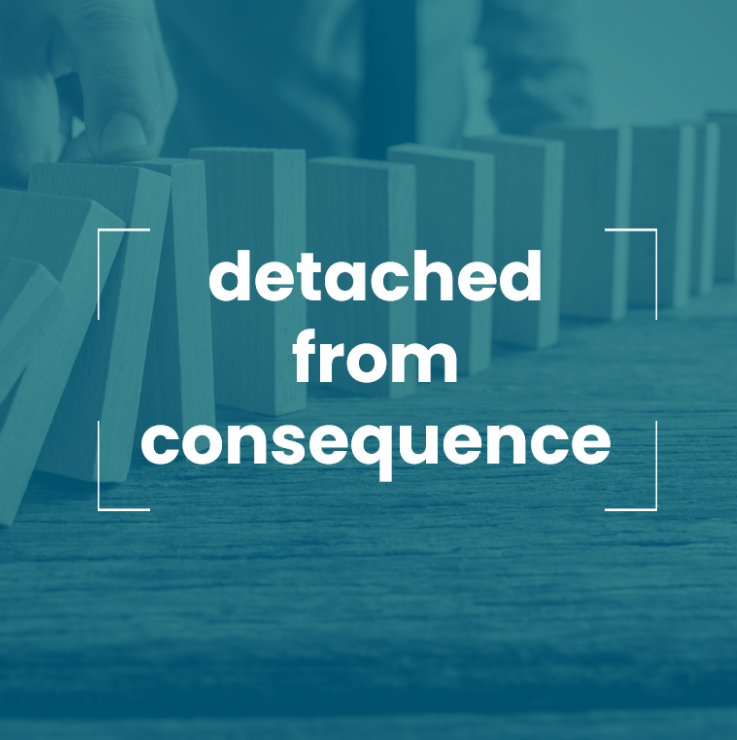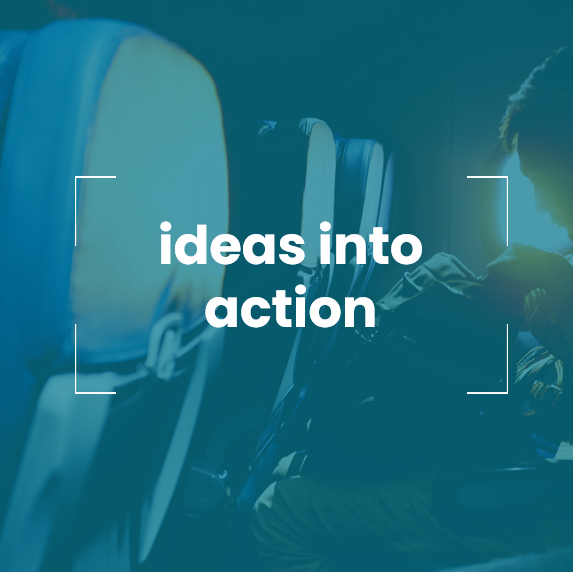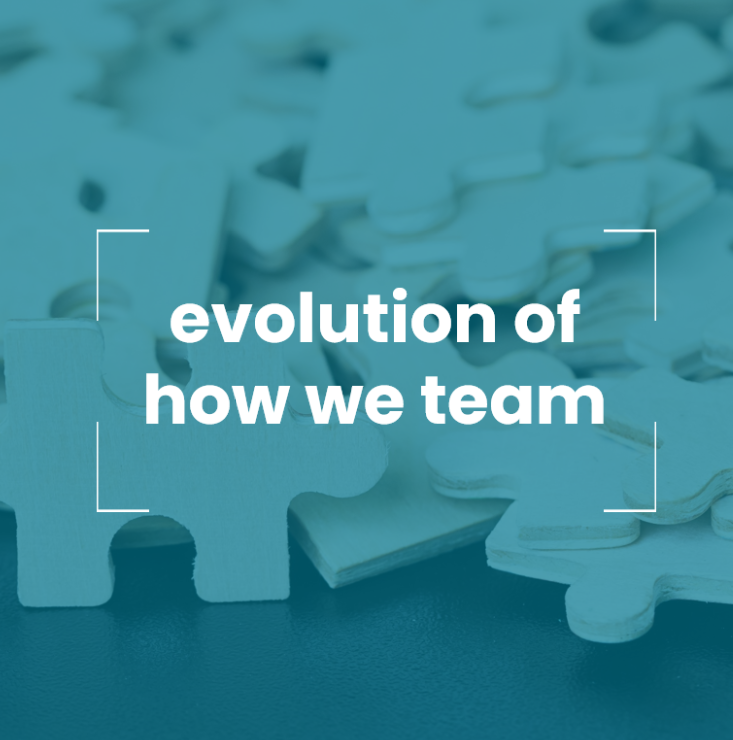Why Simulations Build Better Business Leaders
In a world that’s no longer just complicated but truly complex, leaders need more than theory — they need practice.
Business simulations give leaders a safe, risk-free environment to experiment, make decisions, and see the impact of their choices play out.
It’s leadership learning that feels real, because it is.
In a world that’s no longer just complicated but truly complex, leaders need more than theory — they need practice.
Business simulations give leaders a safe, risk-free environment to experiment, make decisions, and see the impact of their choices play out.
It’s leadership learning that feels real, because it is.
A business simulation experience won’t replace the depth of knowledge gained in a full MBA, but it does allow us to get a little slice of everything…
Business simulations are powerful tools for developing leaders' skills in complex, fast-changing environments.
Ambidextrous leadership is the art of balancing exploration and exploitation, enabling a business to innovate and adapt while maintaining operational excellence.
Strategy is what gives us the comfort that we will be successful, despite uncertainty.
The way we learn as individuals or organisations looks different based on the type of problem we’re trying to solve. “Complicated” problems have right and wrong answers. Finding a solution to a “complex” problem is not so black and white.
I love the idea that culture isn’t something we create but that it is a by-product of consistent behaviour. In their book Rework, Jason Fried & David Heinemeier Hansson claim that culture is action, not words.
Turning ideas into reality is hard! Genius is not just in the ideas, it’s in our ability to follow through.
I love the idea that adaptability is a form of intelligence that can be developed and improved.
I've always been curious about what skillsets the future will demand from us
Commercial acumen isn’t just about the numbers… Commercial acumen is about good decision-making.
A business simulation is a simplification of reality designed to promote understanding
Great decision-making is hard, and risky. So instead of pursuing great ideas, we often choose inaction because we want to avoid feeling vulnerable and exposed.
We intuitively get how complex systems work because we live our lives in them. But as systems grow in size and complexity, they become increasingly difficult to understand, leading to poor decision making and, sometimes, damaging consequences.
When we think about strategy and execution as an infinite game, it becomes less about focusing on the endpoint (the goal) and more about building the necessary skills that will allow us to play the game of business indefinitely.
Leadership development is not just about sharing information, but also about the process through which we engage with it.
Execution is one of the biggest challenges facing large organisations today. People leaders need to be skilled at translating strategy for their teams and adept at creating an environment that allows their teams to turn strategy into action.
We don’t have the answers for a future that is uncertain, but we can develop the skillsets needed to expertly navigate an unclear path.
A VUCA world demands from us a different approach to strategic leadership and a greater contribution from individuals at all levels of the organisation. By developing our capacity for adaptivity we become more skilled at recognising opportunities and threats, faster at responding to them, and more confident in our ability to make good decisions.
In our everyday jobs, we are required to make decisions. We don’t always have the perfect insight into any given situation, so we make assumptions.
It can be extremely difficult to disidentify from something we were previously engulfed in. Are we willing to unlearn?
If message and method work together in harmony, the need for behaviour change is not forced – it's discovered.
I’ve always been curious about what skillsets the future will demand from us and how we will need to reinvent ourselves and our organisations for the challenges that lie ahead
Sometimes, a shift in perspective can lead to the most profound personal learning experiences and fundamentally change the way we engage with the world.
If you had the opportunity to practice your response to an unexpected event in a risk-free environment, would you take advantage of it?
The networked world has changed the rules of the game; we need to rethink how we play.
















